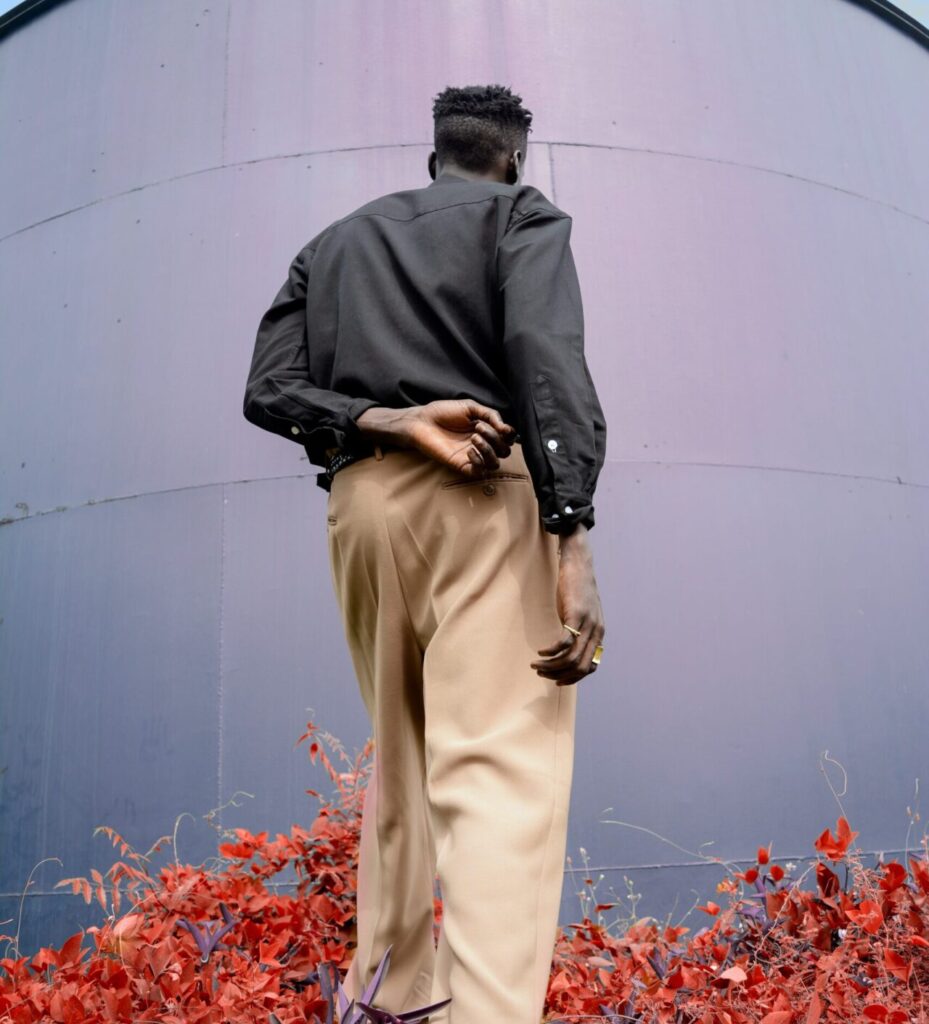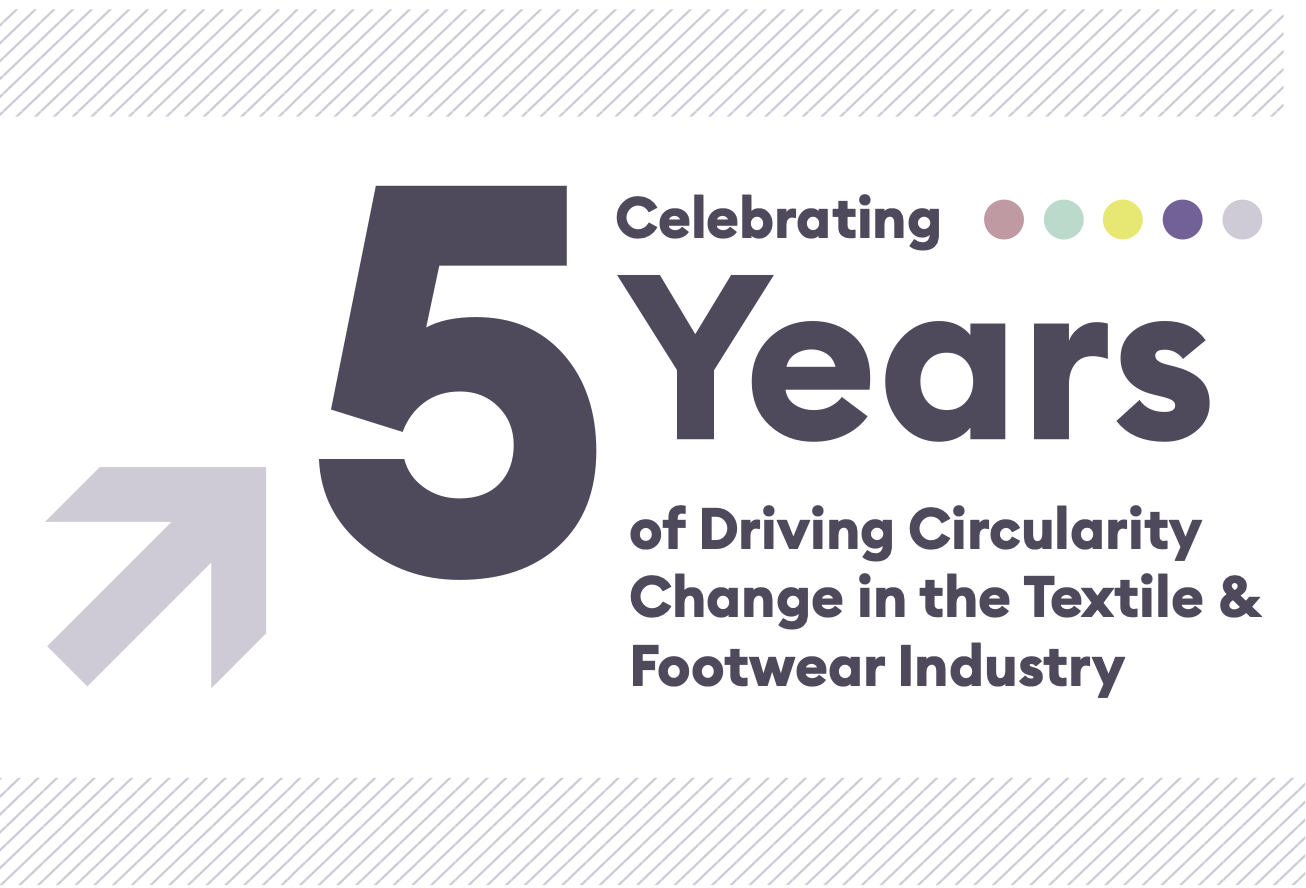2020 CIRCULAR FASHION SYSTEM COMMITMENT
WHAT IS A CIRCULAR FASHION SYSTEM
Today’s linear “take, make, dispose” economic model is reaching its limits, and natural resources are becoming increasingly scarce, threatening the growth of the fashion industry.
A circular system restores and regenerates materials, in addition to providing opportunities to reduce environmental pressures and ease demand on natural resources while securing future supply and capturing the value of a product to the greatest extent possible.
The public is becoming increasingly aware of the environmental impacts of the fashion industry. Consumers expect the industry to address issues related to production, such as extensive water usage, toxic chemicals and garments accumulating in landfills. Implementing circularity offers an opportunity to evaluate and improve current business models as much as it provides a unique opportunity to create a close relationship with consumers.
An essential part of creating a circular fashion system is to set up collection systems, integrate circular design and consider how to manage end-of-use of garments. This can happen through practices that extend usage, for example resale, or through recycling worn out garments and incorporating recycled post-consumer fibres into the production of new garments.
Resale Toolbox
This toolbox is designed to support fashion brands and retailers who would like to explore resale strategies within their company. It highlights the role reselling plays in creating a circular fashion system and is aimed to redefine the life cycle of garments by giving them multiple lives. Download it below.




